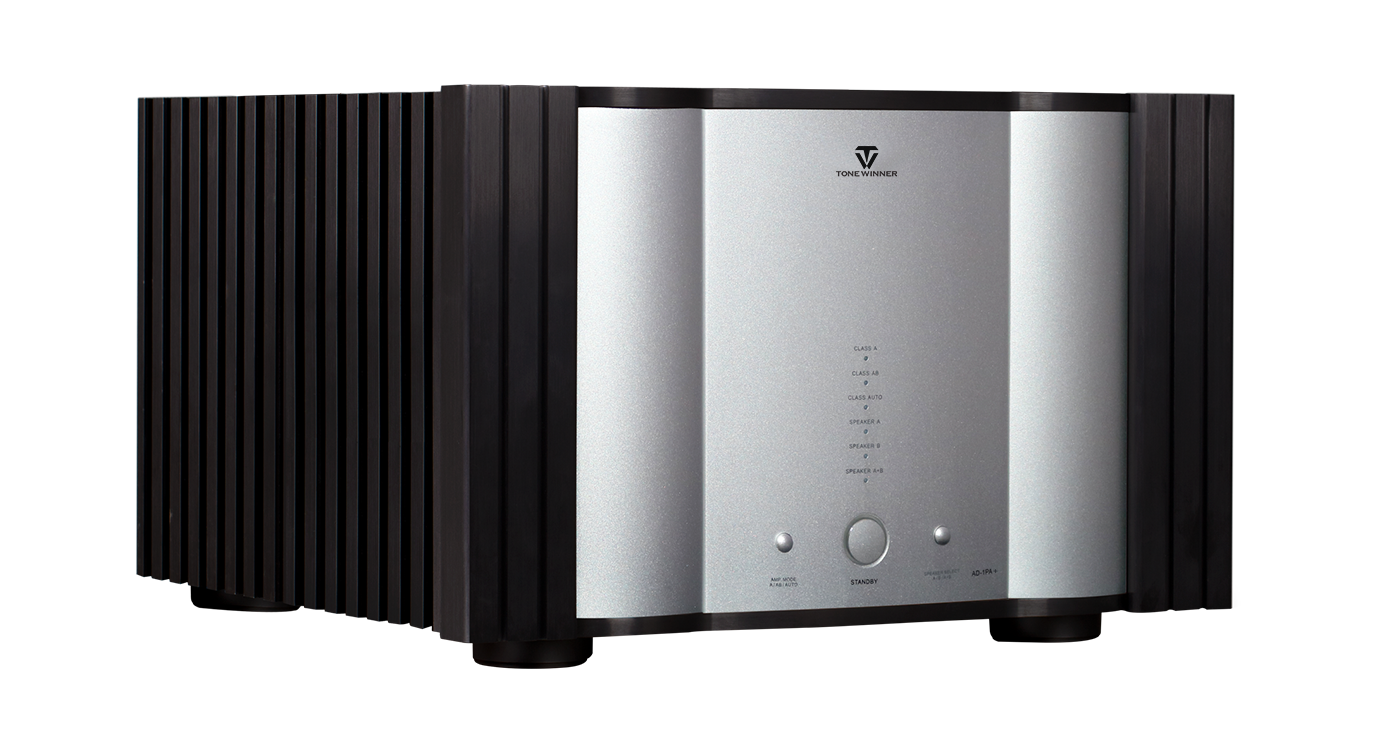
Hi Legends!
This topic is something you've undoubtedly encountered if you’ve ventured into the world of high-quality audio, whether it's for a pure music listening experience, a home theatre setup, or for professional audio applications: amplifiers. In this guide, we'll dive into the technical nuances of Class A, Class AB, and Class D amplifiers. Rest assured, you don’t need an electrical engineering degree to grasp these concepts; we have distilled the technical jargon into digestible insights.
What Exactly is an Amplifier?
Before delving into the classes of amplifiers, let's establish what an amplifier fundamentally is. Imagine you're streaming your favourite playlist on your mobile phone. The audio signal produced by your phone is relatively low-power and insufficient to drive large speakers. This is where an amplifier comes into play. It acts as an intermediary, boosting the weak audio signal to a level that can be outputted through high-quality speakers, giving you the elevated auditory experience you desire.
The Importance of Amplifier Classes
Now that we understand the role of an amplifier, let’s delve into why amplifier classes matter. The class of an amplifier essentially dictates its internal architecture—how it manipulates and amplifies the incoming audio signal. Different classes have their unique sets of advantages and disadvantages when it comes to audio fidelity, energy efficiency, and form factor. Below, we discuss Class A, Class AB, and Class D amplifiers, which are the most common types used today.
Class A Amplifiers
Benefits:
- Unmatched Audio Fidelity: Class A amplifiers offer unparalleled sound quality, preserving the original nuances of the audio source.
Considerations:
- Energy Inefficiency: These amplifiers have higher energy consumption and heat generation.
- Bulkiness: Given the need for more robust cooling systems, they are larger and heavier.
Suited For:
- Audiophiles and professionals seeking the highest audio quality, where efficiency and size are secondary concerns.
Class AB Amplifiers
Benefits:
- Balanced Audio Quality: While they may not reach the heights of Class A in audio fidelity, Class AB amplifiers still offer a high level of sound quality.
- Improved Efficiency: These amplifiers are more energy-efficient than Class A, thereby generating less heat.
Considerations:
- Complex Internal Circuitry: The blend of Class A and Class B architectures can introduce complexity, which may impact long-term reliability.
Suited For:
- Individuals looking for a well-rounded audio experience, balancing both sound quality and energy efficiency. These are commonly found in high-end home audio systems, home theatres and professional setups.
Class D Amplifiers
Benefits:
- Exceptional Energy Efficiency: Class D amplifiers excel in energy conservation and are perfect for battery-operated devices.
- Compact Form Factor: These amplifiers are often small and lightweight, offering tremendous flexibility in placement and portability.
Considerations:
- Limited Audio Fidelity: Despite improvements in technology, Class D generally still lags behind Class A and Class AB in pure sound quality.
Suited For:
- Use-cases that prioritize energy efficiency, space and/or portability, such as compact stereo and home theatre amplifiers, portable Bluetooth speakers, wireless headphones and car audio.
Summary
To summarise:
- Class A: If you're after the pinnacle of sound quality and are willing to compromise on energy efficiency and size, this is your go-to choice.
- Class AB: For those seeking a balanced audio experience without sacrificing too much on quality or efficiency, Class AB is a robust option.
- Class D: If portability and energy efficiency are your primary concerns, then Class D will serve you well, albeit with some compromise on audio fidelity.
Understanding the intricacies of these amplifier classes can empower you to make informed decisions, be it for your next high-end audio purchase or while spec'ing out a professional audio solution.
If you are looking for a new amplifier and would like help to step through these options our team is happy to help.
Happy listening!






